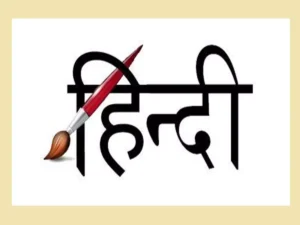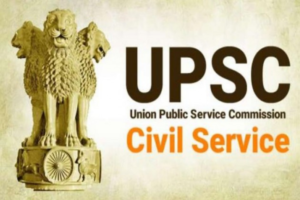
Here’s why:
- Optimal Resource Utilization: The civil services exam covers an extensive syllabus. Effective time management ensures that aspirants allocate sufficient time to cover each subject comprehensively without neglecting any crucial topic.
- Balanced Preparation: Time management helps in maintaining a balanced approach towards all subjects and sections of the exam, including general studies, optional subjects, and essay writing. It prevents overemphasis on one subject at the expense of others.
- Revision and Practice: Allocating specific time slots for revision and practice tests ensures that aspirants consolidate their learning and identify areas needing improvement. Regular revision enhances retention and boosts confidence.
- Stress Reduction: Proper time management reduces last-minute stress and panic. Breaking down the syllabus into manageable chunks and adhering to a structured study schedule fosters a sense of control and confidence among aspirants.
- Adaptability and Flexibility: While sticking to a study plan is important, being flexible and adaptable is equally crucial. Unexpected events or challenges may arise during the preparation phase. Effective time management allows aspirants to adjust their schedules accordingly without compromising their overall progress.
- Strategic Planning: Time management facilitates strategic planning, enabling aspirants to prioritize tasks based on their importance and urgency. It helps in setting realistic goals and timelines for completing different stages of preparation, such as syllabus coverage, mock tests, and revision.
- Work-Life Balance: Balancing exam preparation with other commitments, such as work or personal obligations, is essential for long-term sustainability. Efficient time management enables aspirants to carve out dedicated study hours while also allocating time for relaxation, recreation, and self-care.
- Consistency and Discipline: Consistency is key to success in the civil services exam. Effective time management instills discipline and consistency in study habits, ensuring regular progress towards goals and minimizing procrastination.
In conclusion, time management is not just about allocating hours to study; it’s about making the most of the time available, prioritizing tasks, staying organized, and maintaining a healthy balance between study and other aspects of life. Aspirants who master the art of time management are better equipped to navigate the challenges of civil services exam preparation and increase their chances of success.





